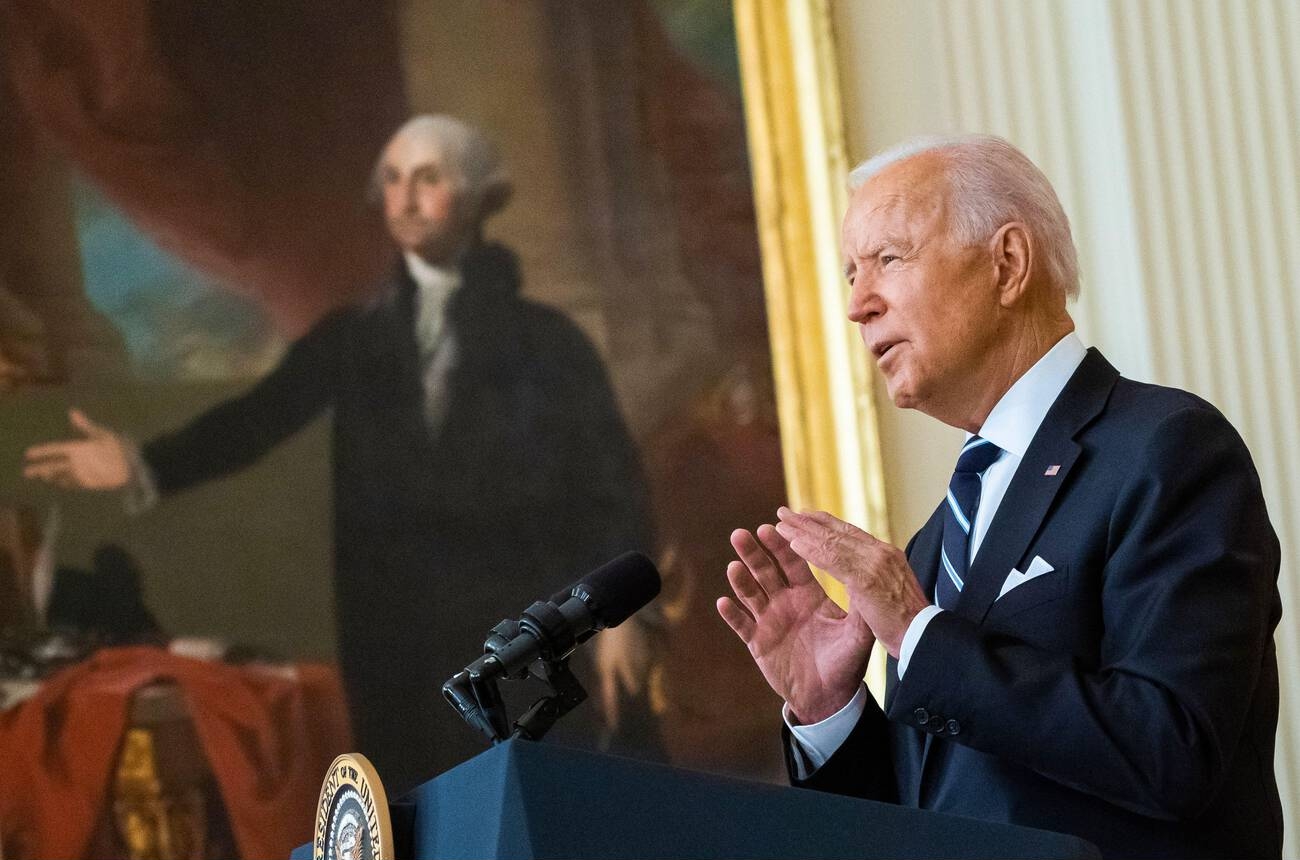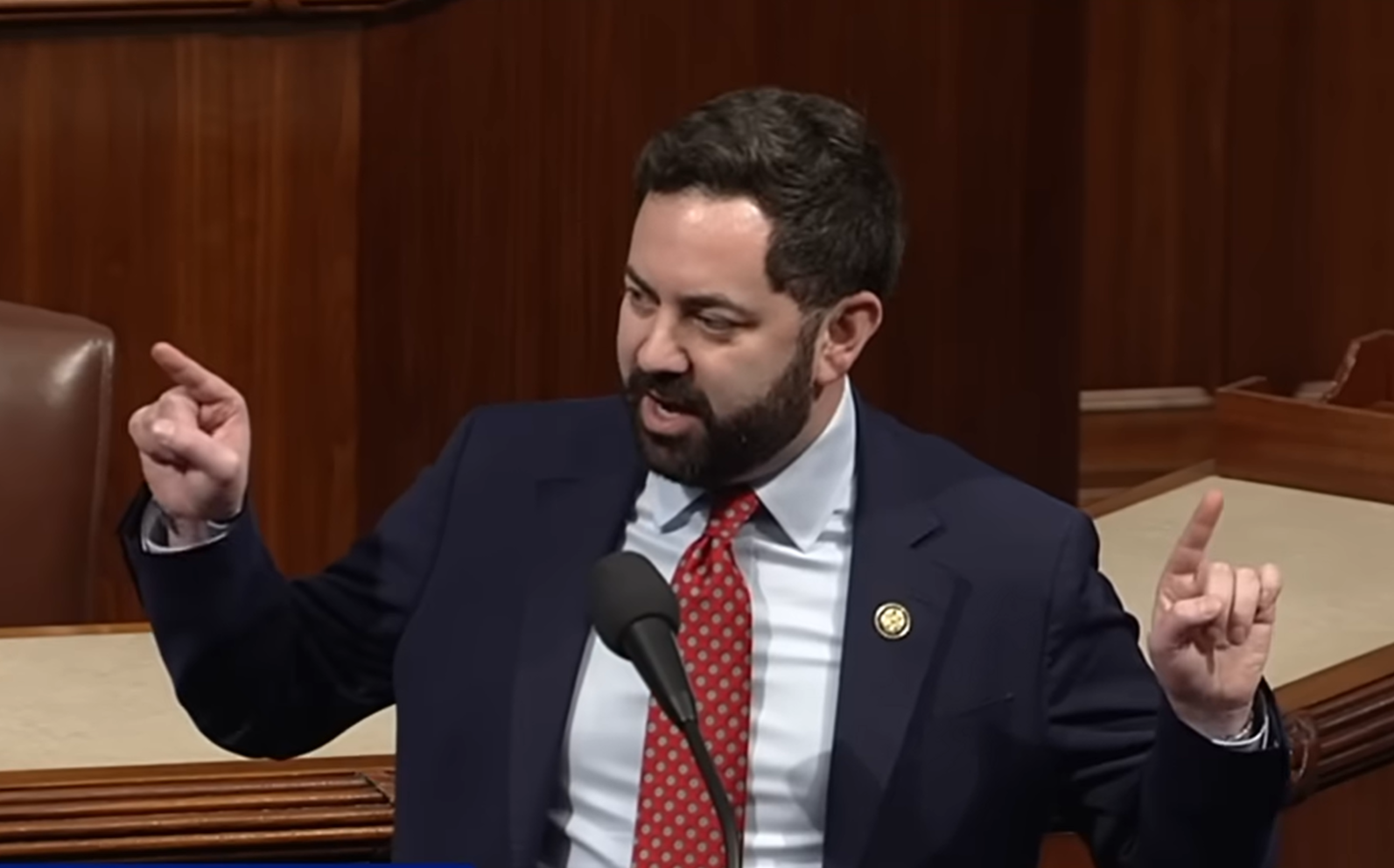By Laura Davison, Lauren Vella and Erin Schilling, Bloomberg News (TNS)
President Joe Biden’s budget proposal—which calls for sweeping tax increases on corporations and the wealthy—is the opening round of a looming tax fight set to consume Washington next year.
Congress will be forced into tough negotiations over the future of the tax code, with large portions of former President Donald Trump’s 2017 cuts set to expire at the end of 2025. Many lower- and middle-income households will see a tax increase if lawmakers don’t act, providing motivation for both Democrats and Republicans.
Trump has vowed to push for the “biggest tax cuts” ever if returned to power. Biden, meanwhile, is seeking higher levies on large businesses and investors, while preserving some of his rival’s cuts.
Here are details on the tax proposals in Biden’s budget request released Monday:
Capital gains
The budget proposal would increase the capital-gains tax rate to equalize the taxation of investment and wage income. That would mean capital gains for those earning at least $1 million would be taxed at a base rate of 39.6%, up from 20%.
Biden is proposing to increase the 3.8% Medicare tax to 5% for those earning at least $400,000 to shore up the program’s trust fund. That would mean the richest taxpayers would pay a 44.6% federal rate on investment income and other earnings.
The plan also calls for taxing assets when an owner dies, ending a benefit that allowed the unrealized appreciation to go untaxed when transferred to an heir.
Billionaires tax
Biden is proposing a 25% minimum tax rate on households worth at least $100 million, hitting many of the richest Americans—who currently pay an 8% rate on their incomes because of tax preferences that allow them to reduce their bills—with significant tax increases.
Income taxes
Biden is proposing to raise the top personal-income tax rate to 39.6%, from 37%, for those making more than $400,000. That higher rate would reverse a cut signed into law by Trump.
Corporate taxes
Trump’s 2017 corporate tax cut would get significantly rolled back, bringing the top rate to 28% from 21%. The proposal also calls for increasing the taxes US companies owe on their foreign earnings to 21%, doubling the 10.5% rate in Trump’s tax law.
The president also proposed adopting the under-taxed profits rule included in the Organization for Economic Cooperation and Development’s global minimum tax, which would allow the U.S. to tax a company if it is paying below a 15% rate and the country where it’s headquartered also isn’t applying the 15% minimum rules.
Biden would also impose a 21% corporate minimum tax on domestic companies, an increase from the current 15%, which means that some businesses are restricted from using all their tax breaks.
Carried interest
The carried-interest tax break used by private equity fund managers to lower their tax bills would be eliminated under the Biden plan. Under current law, investment fund managers can pay the 20% capital-gains rate on a portion of their incomes that would otherwise be subject to the 37% top individual-income rate.
Stock buyback tax
The plan would quadruple a tax on stock buybacks that was added to the tax code in Biden’s Inflation Reduction Act. The proposal, to increase the rate to 4% from 1%, would reduce the differential tax treatment between share repurchases and dividends and urge companies to spend that money on wages or equipment.
Executive compensation, private jets
The proposal would deny corporate tax breaks for compensation paid to any employee that exceeds $1 million. That expands a provision in Trump’s law that denied tax breaks for salaries for a narrow set of executives.
Biden’s plan also rolls back tax breaks for private jet travel. Last month, the IRS announced it would increase audits of private plane use by large companies and high-income taxpayers.
Estate, gift taxes
Biden calls for strengthening the tax rules governing estates and gifts, making the system more difficult for wealthy individuals and trusts to avoid taxes. Imposing more estate tax rules would mean wealthy individuals would face additional taxes on their fortunes when they die before that money is passed onto their heirs.
Real estate
The budget proposal would eliminate a tax break known as “like-kind exchanges” that allows wealthy investors to avoid paying taxes on the proceeds of a property sale if they reinvest those profits into real estate.
Oil and gas
Biden is renewing his call for Congress to end tax incentives cherished by the oil and gas industry, including a deduction for some drilling costs, a write-off for production from marginal wells, and a tax break under which mineral rights owners can claim some of the value of the oil and gas reserves removed from their property.
Child tax credit
Biden would expand the child tax credit to $3,600 for children under six and $3,000 for older children, up from $2,000—reverting to a more generous version Democrats passed in 2021 during the height of the COVID-19 pandemic. The plan would also expand the earned income tax credit, a benefit for low-income workers, for individuals who do not have children.
______
©2024 Bloomberg L.P. Visit bloomberg.com. Distributed by Tribune Content Agency LLC.
Thanks for reading CPA Practice Advisor!
Subscribe Already registered? Log In
Need more information? Read the FAQs




